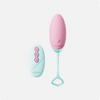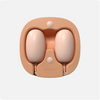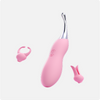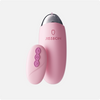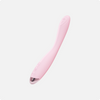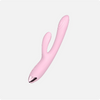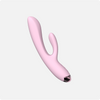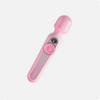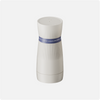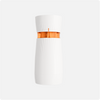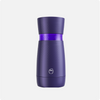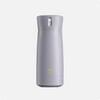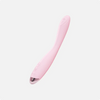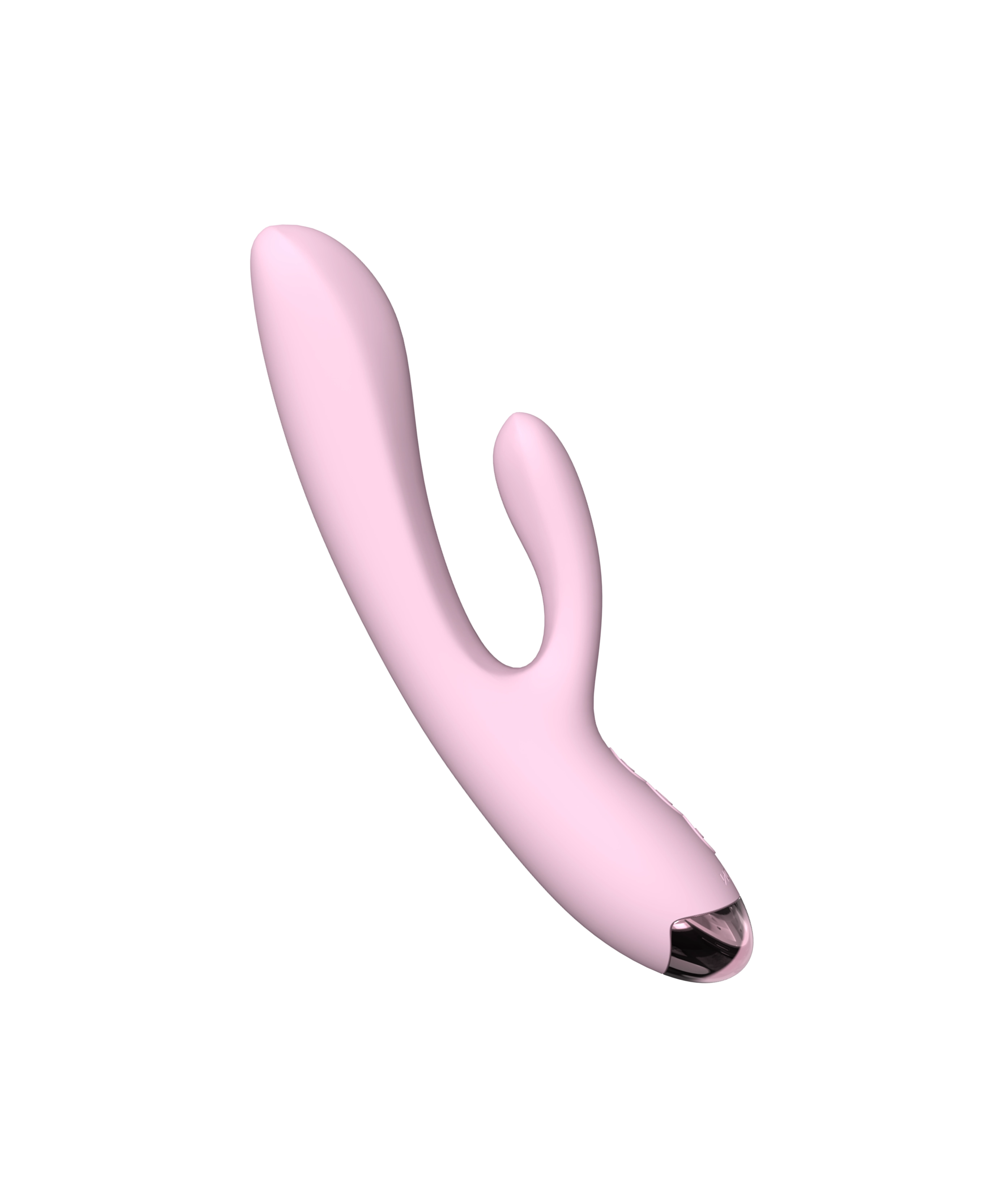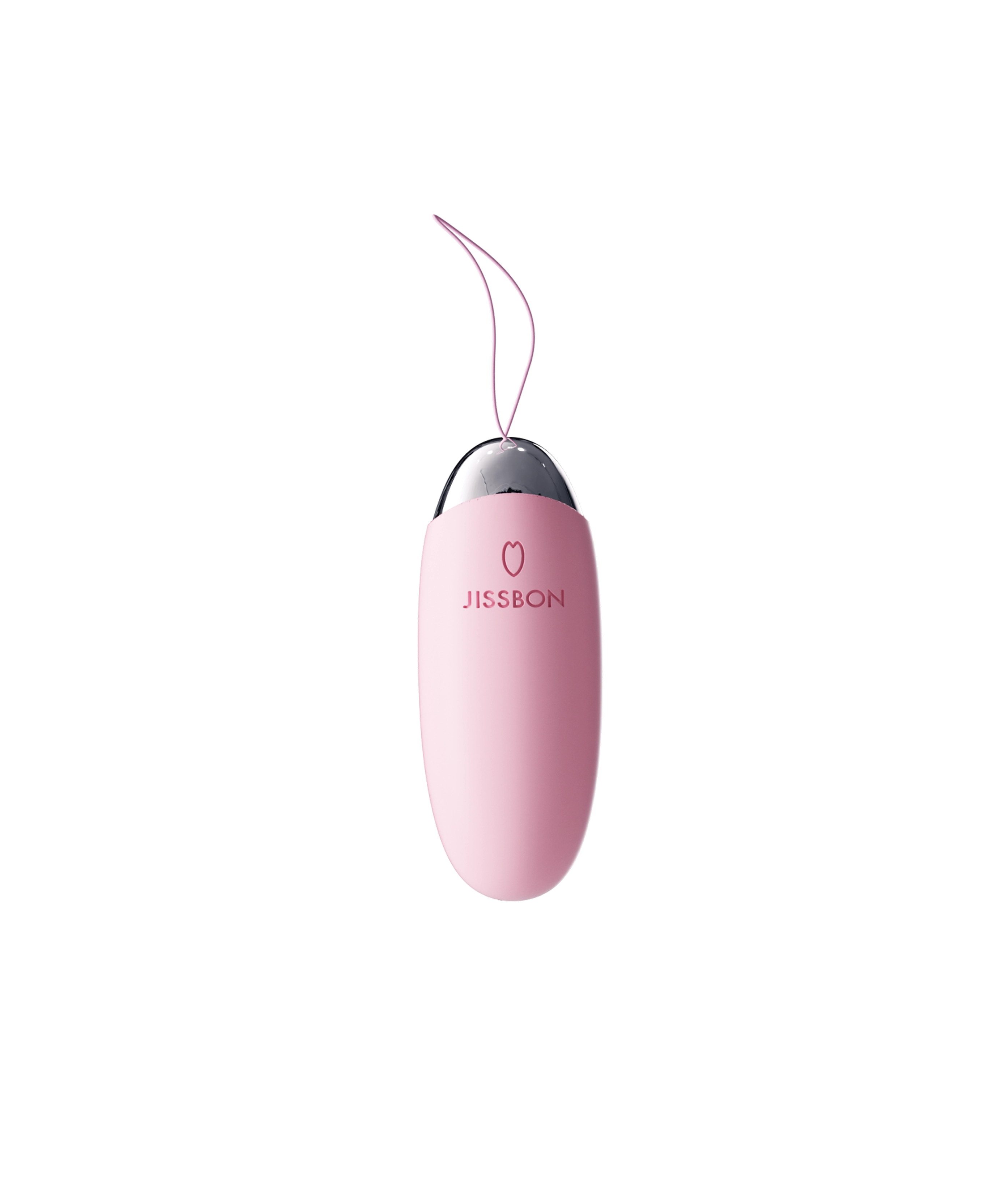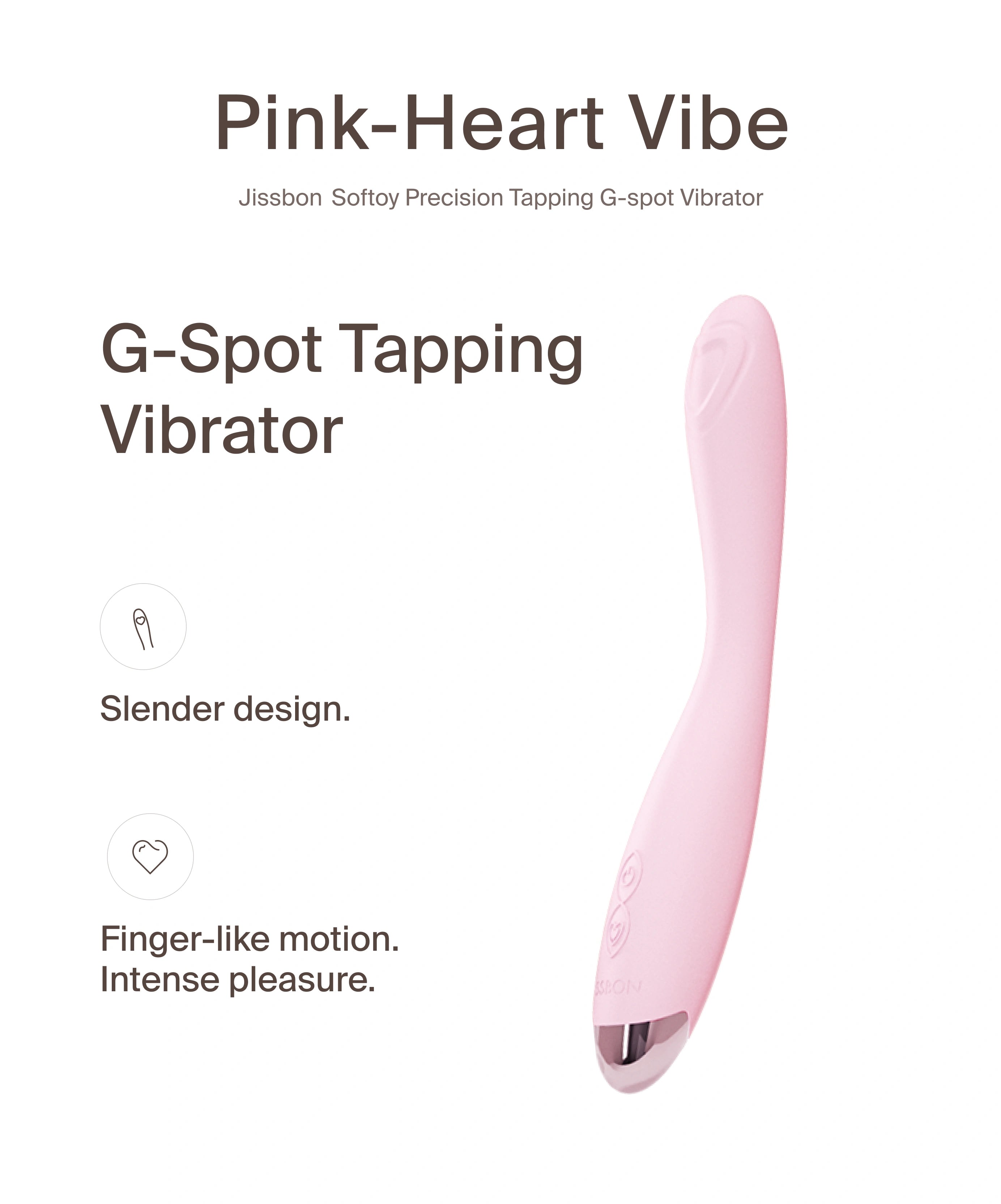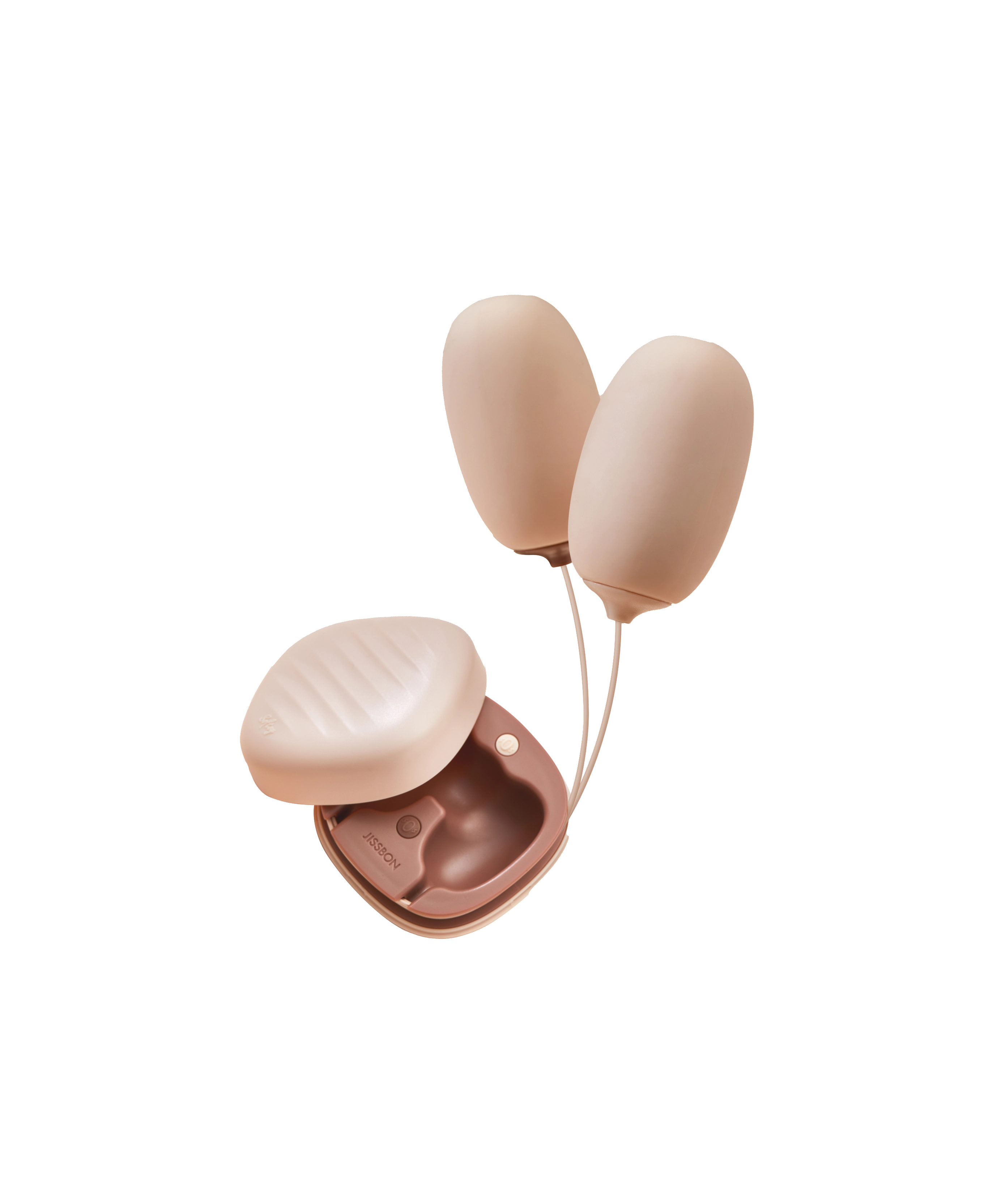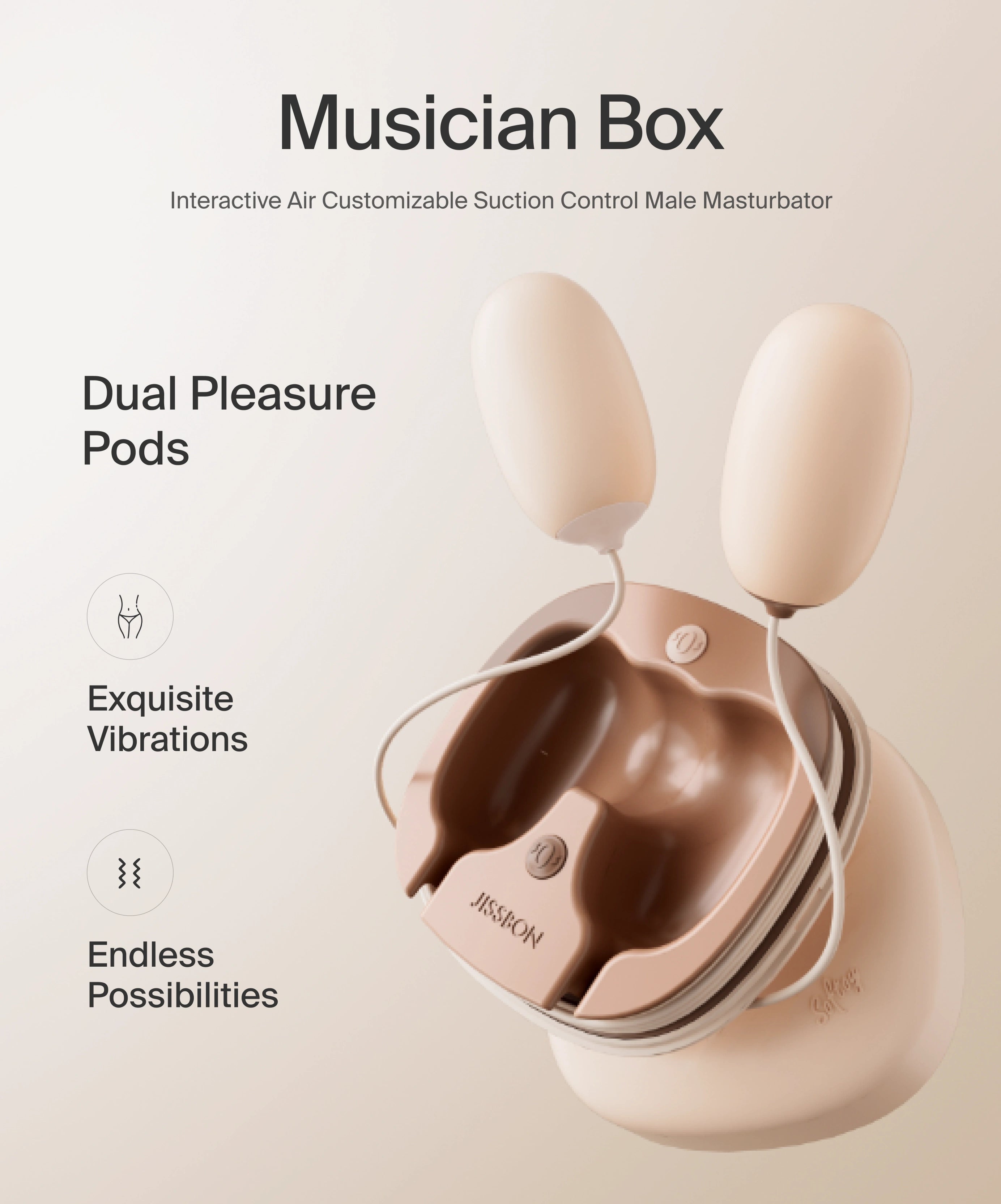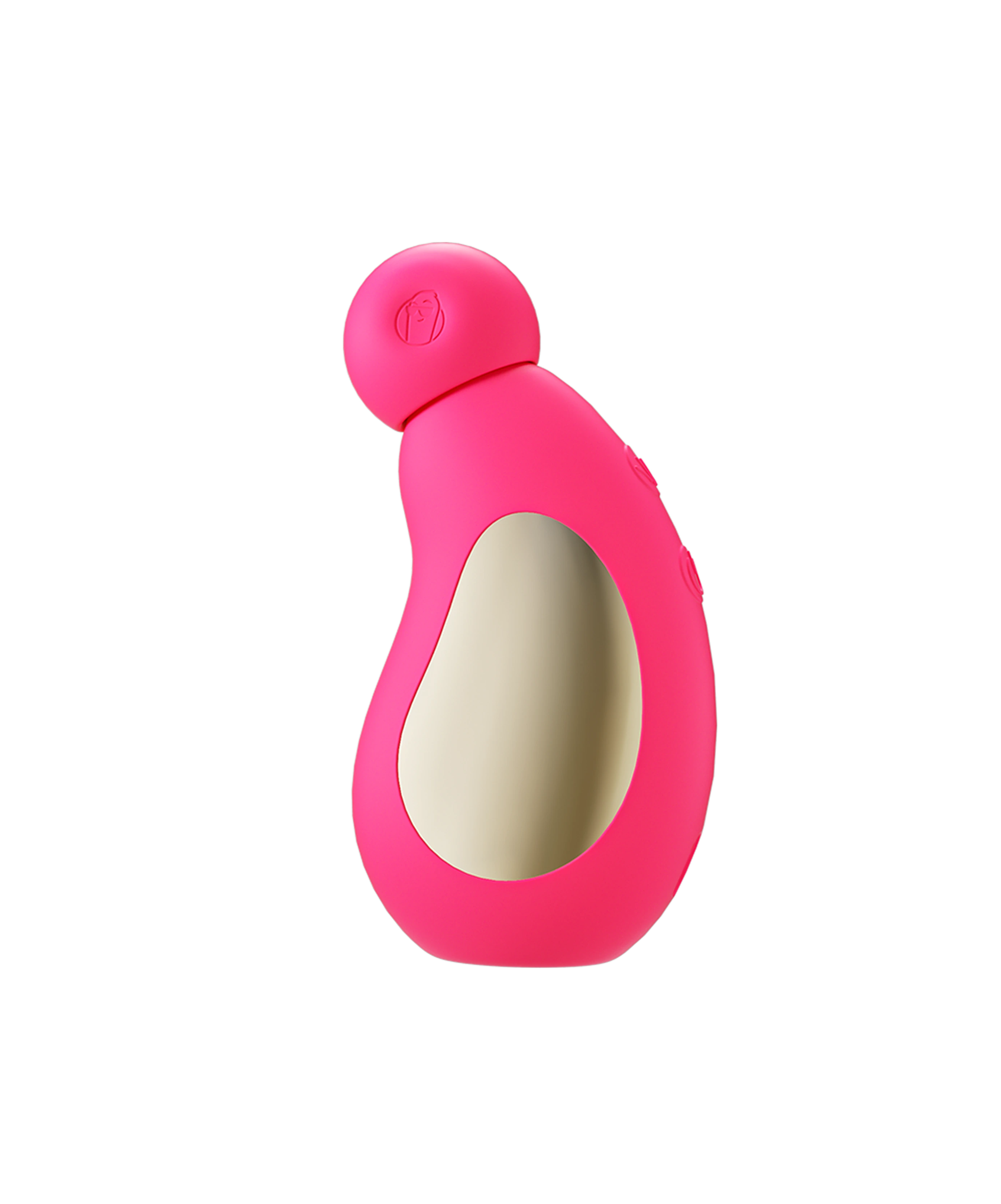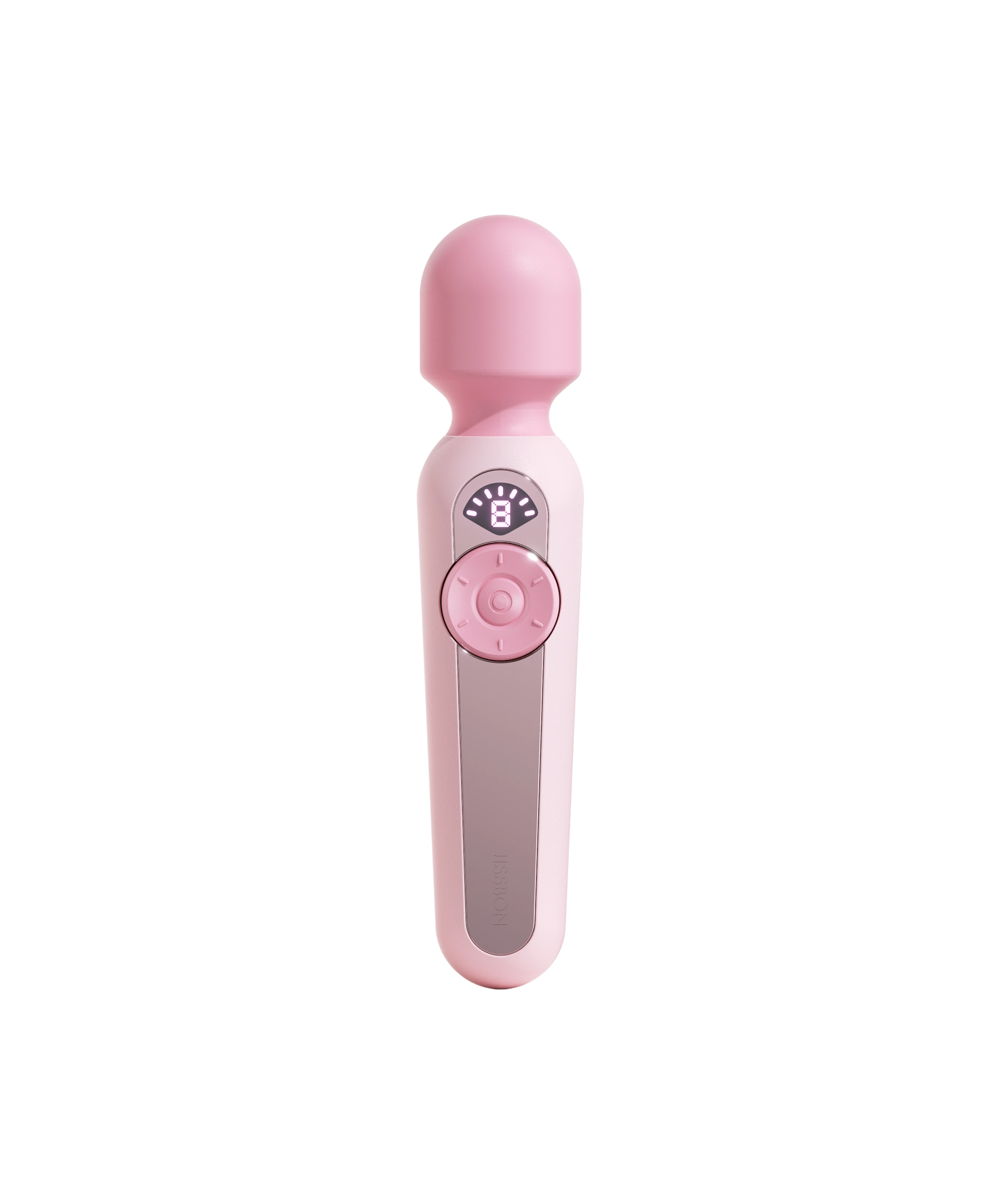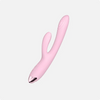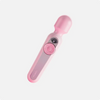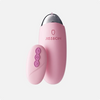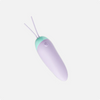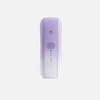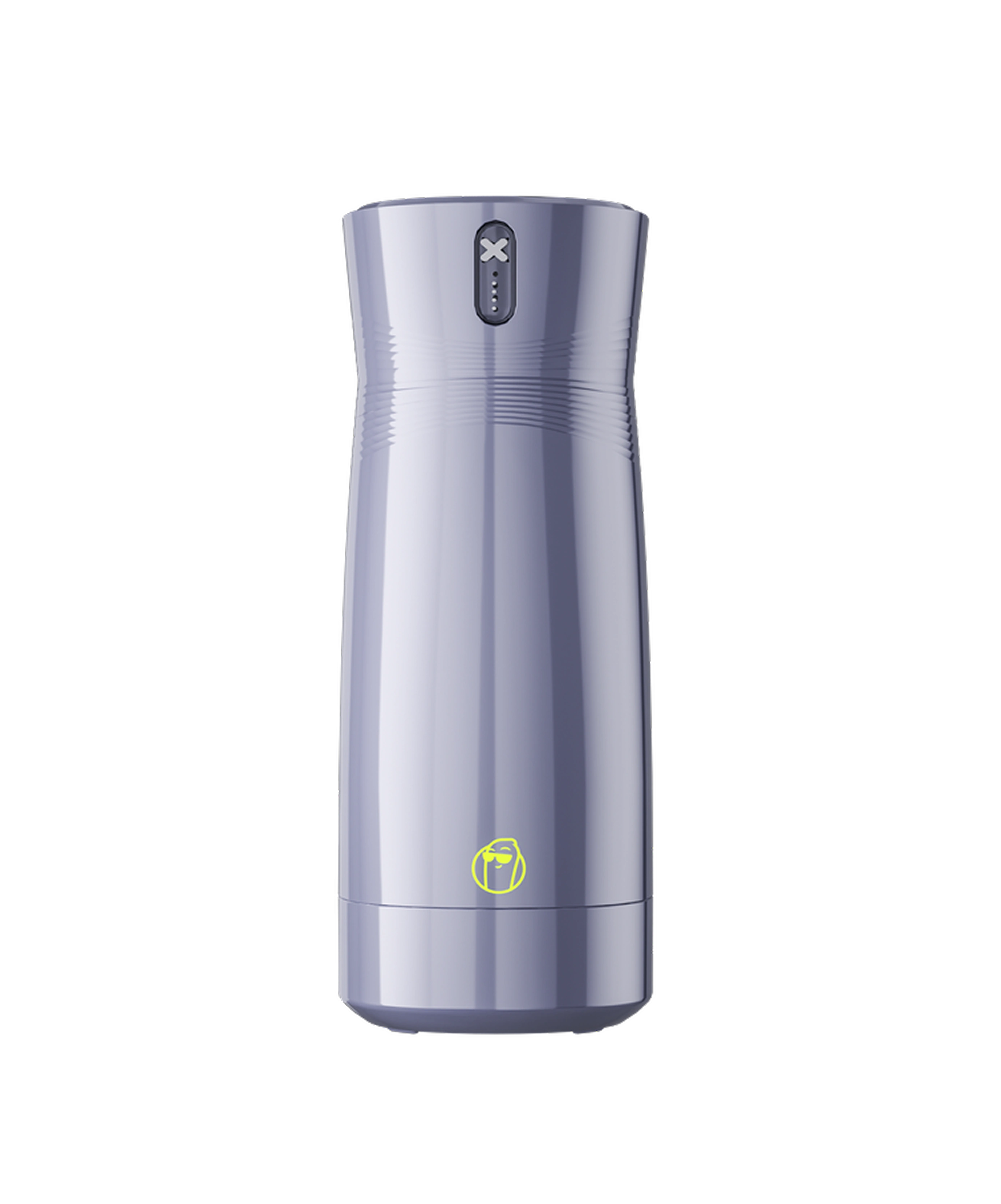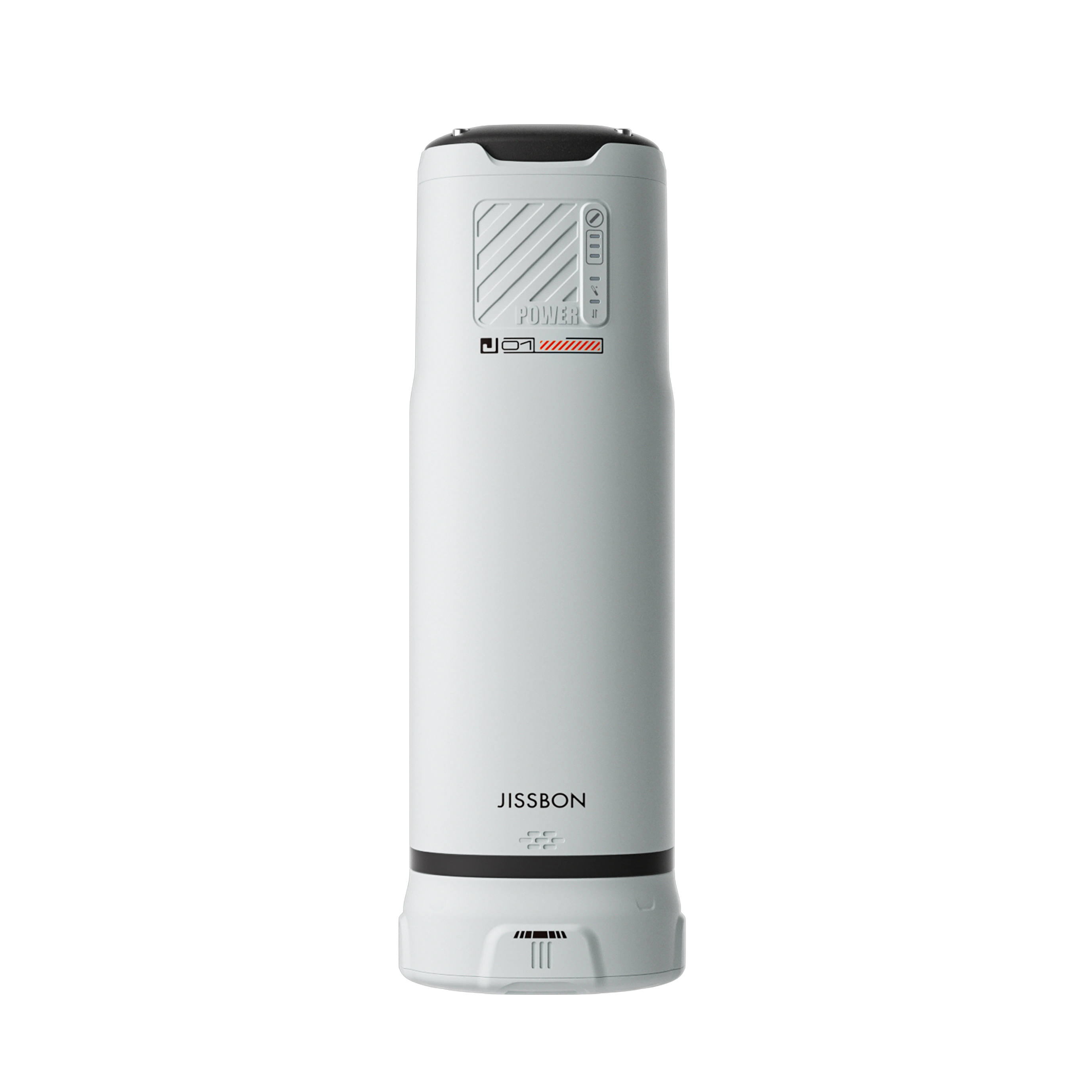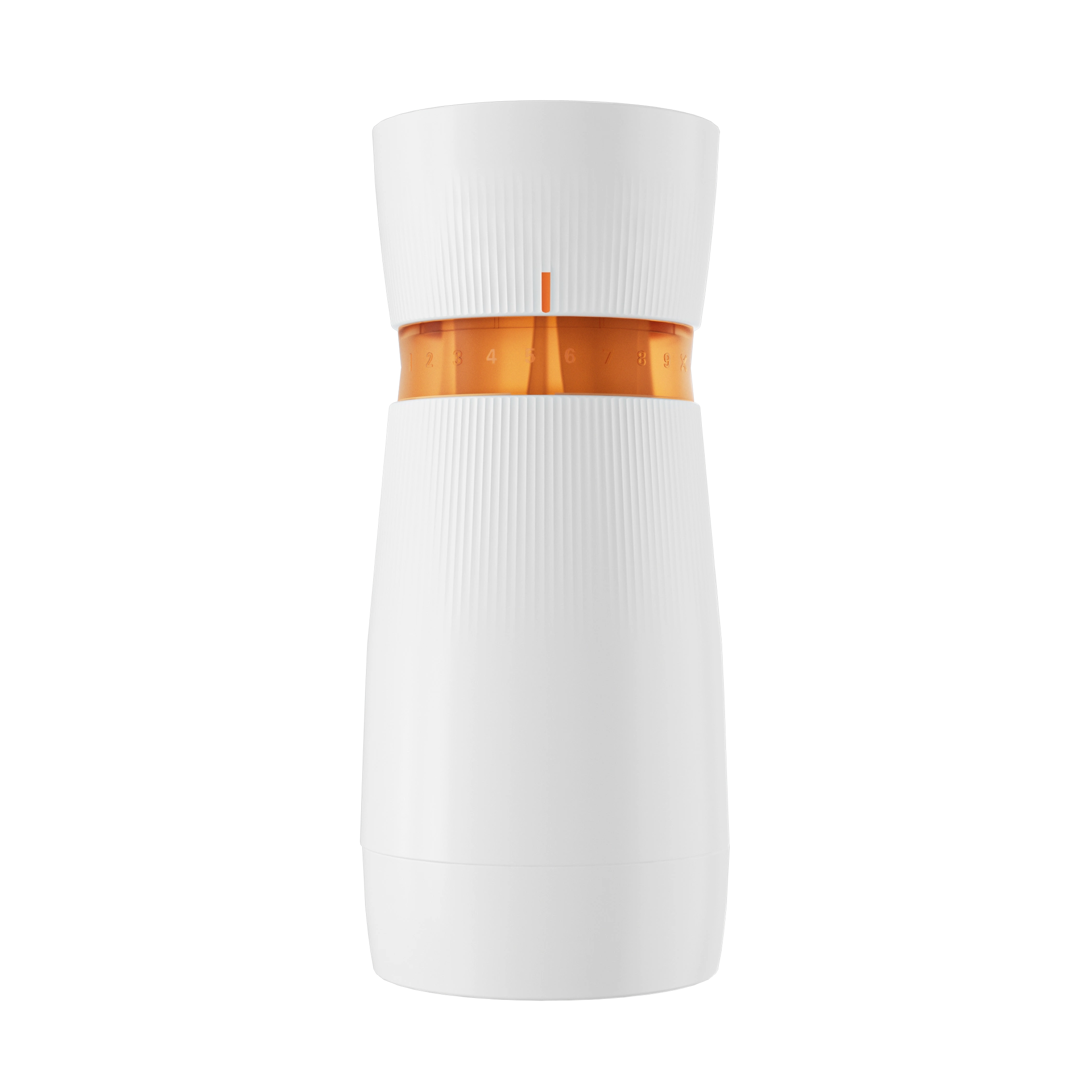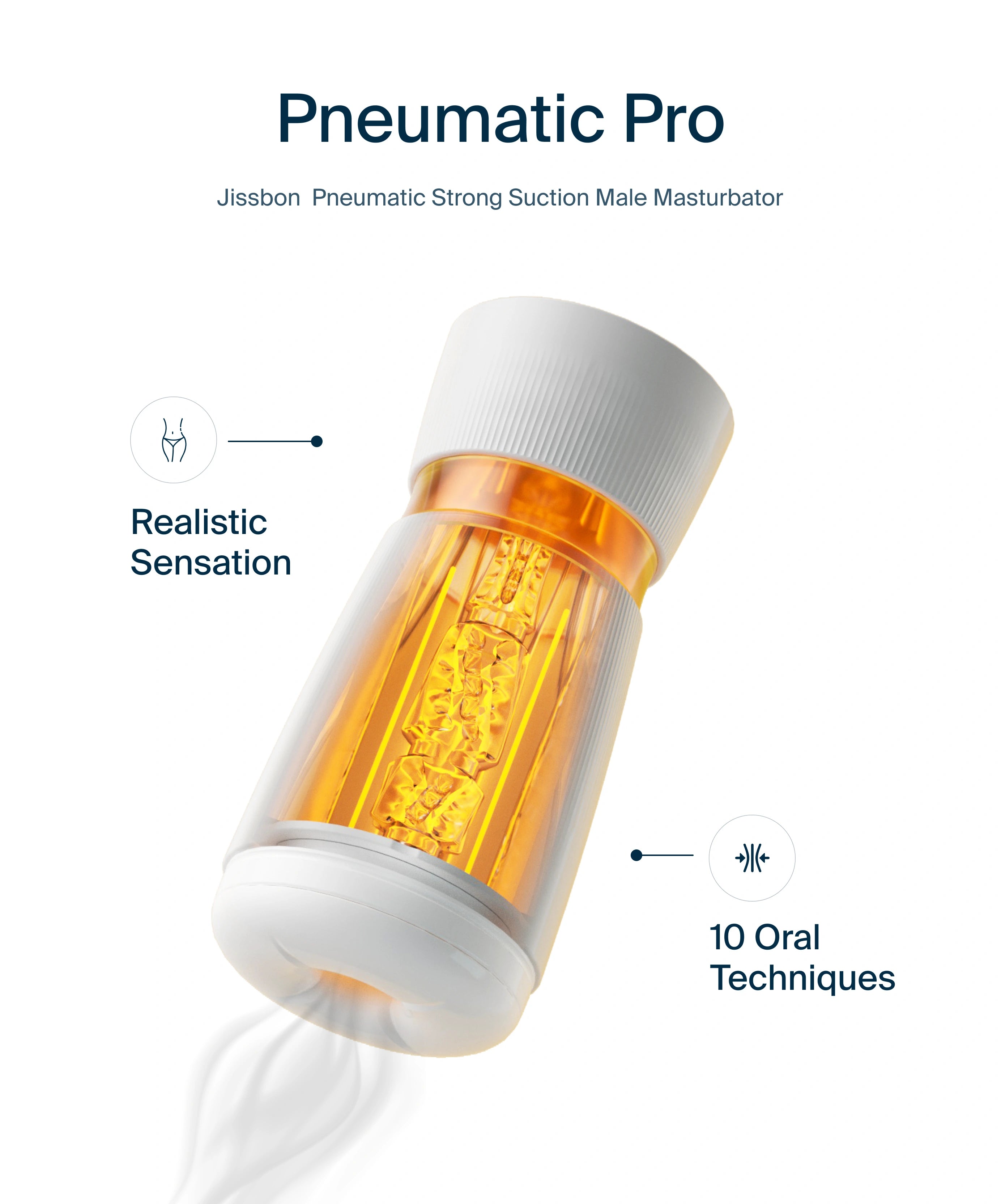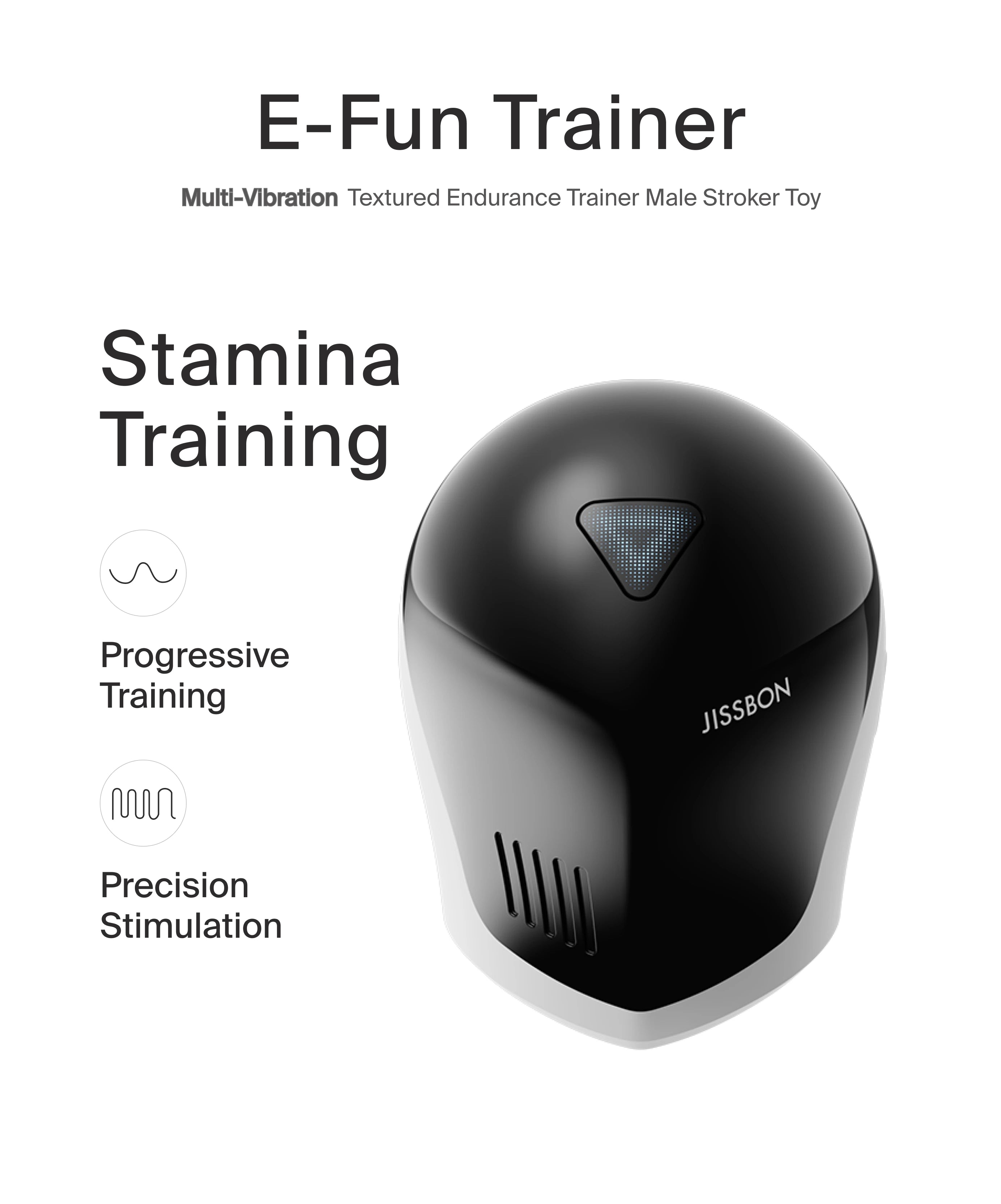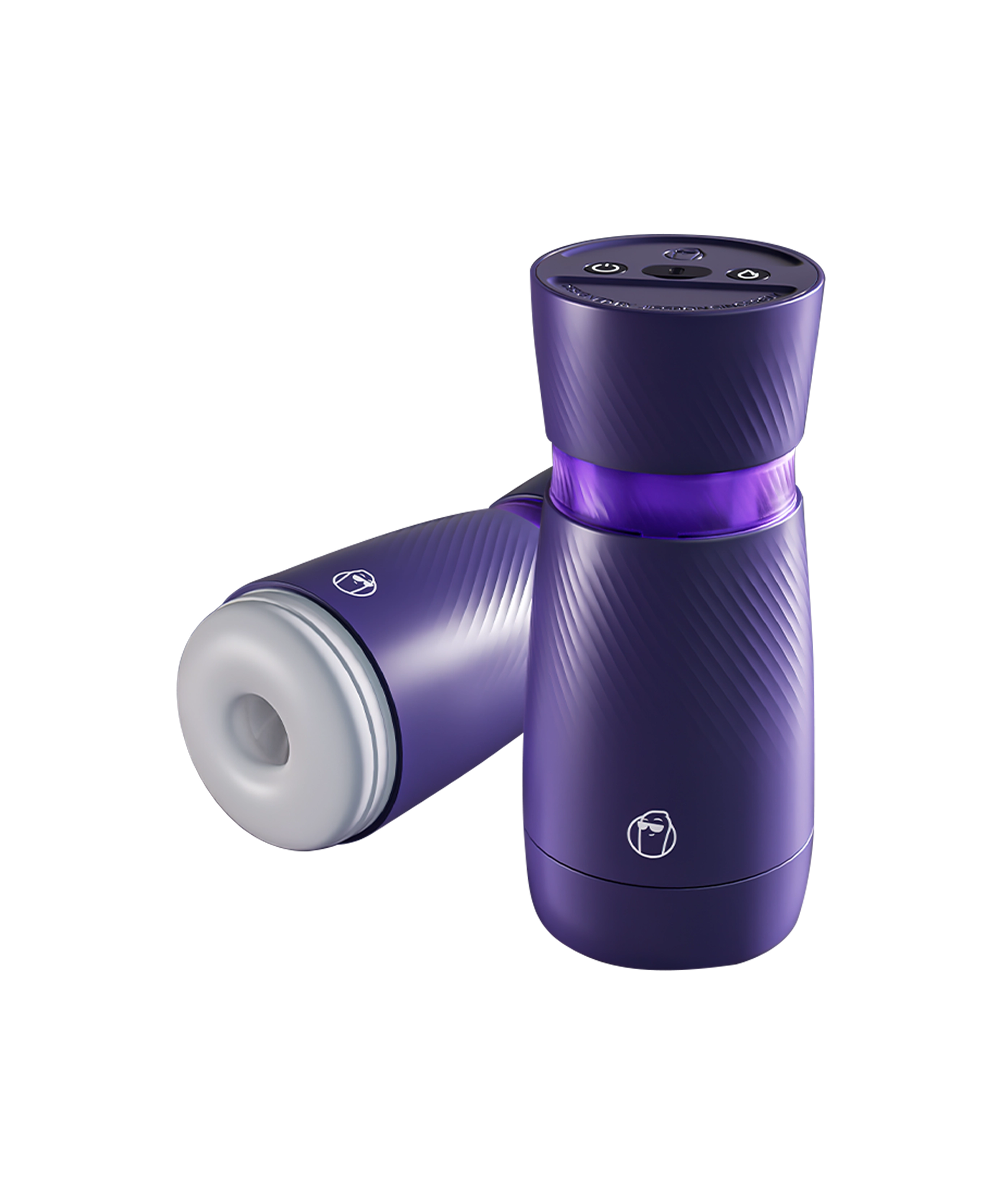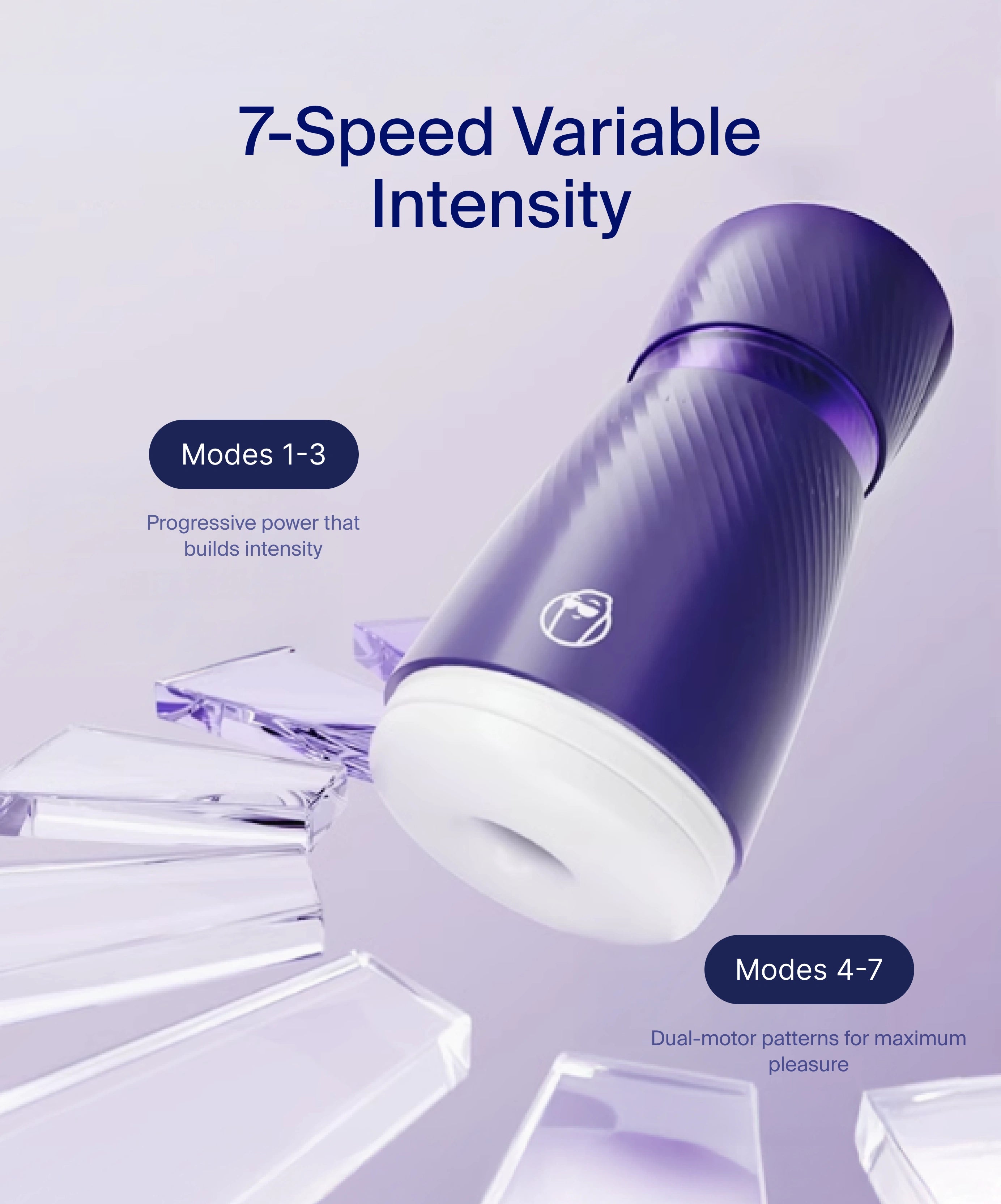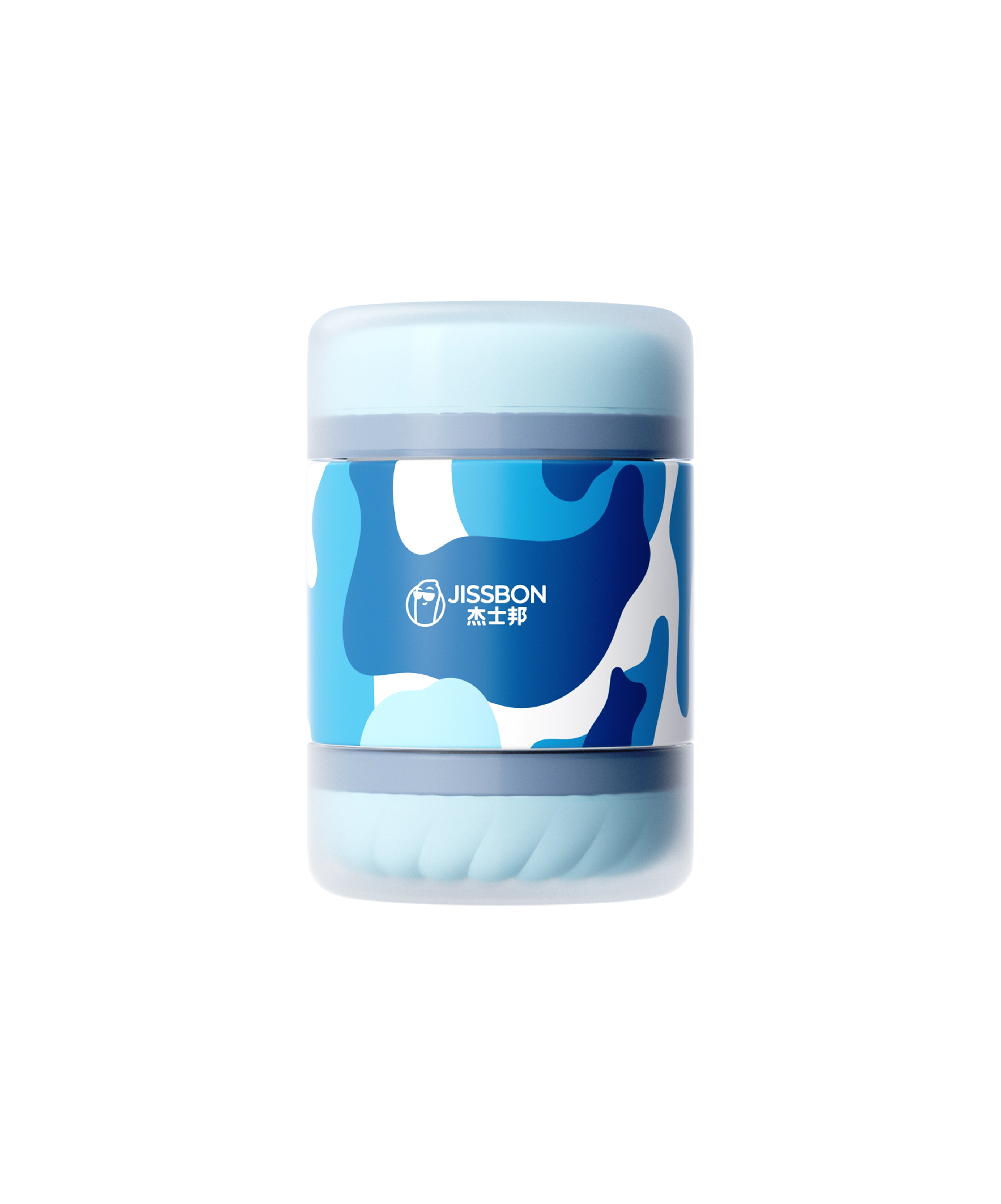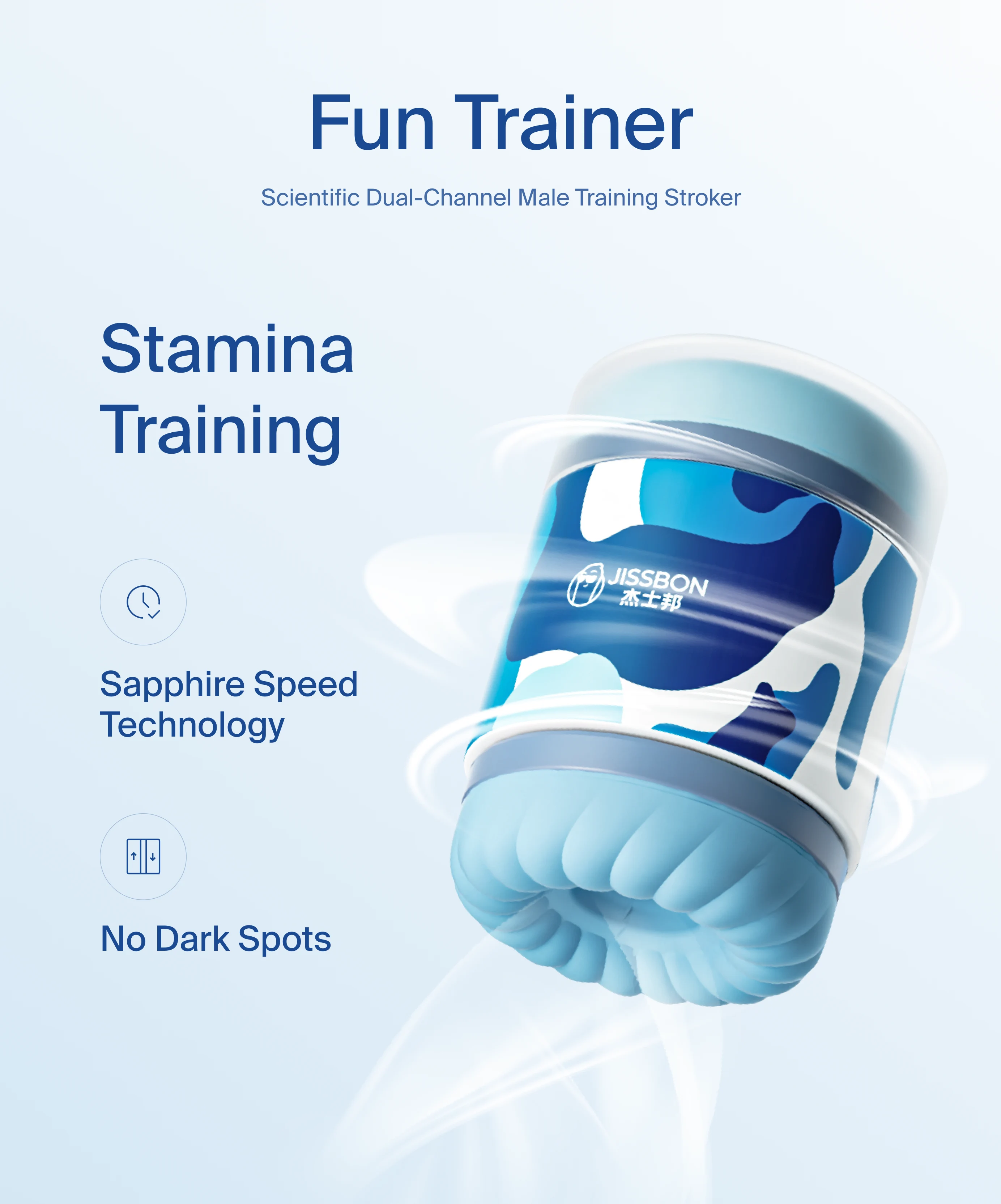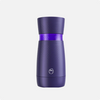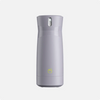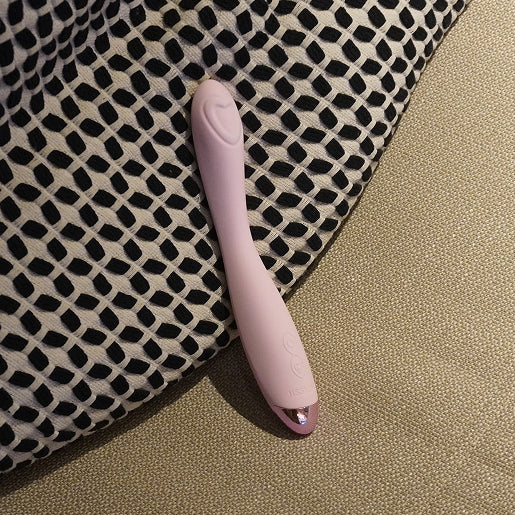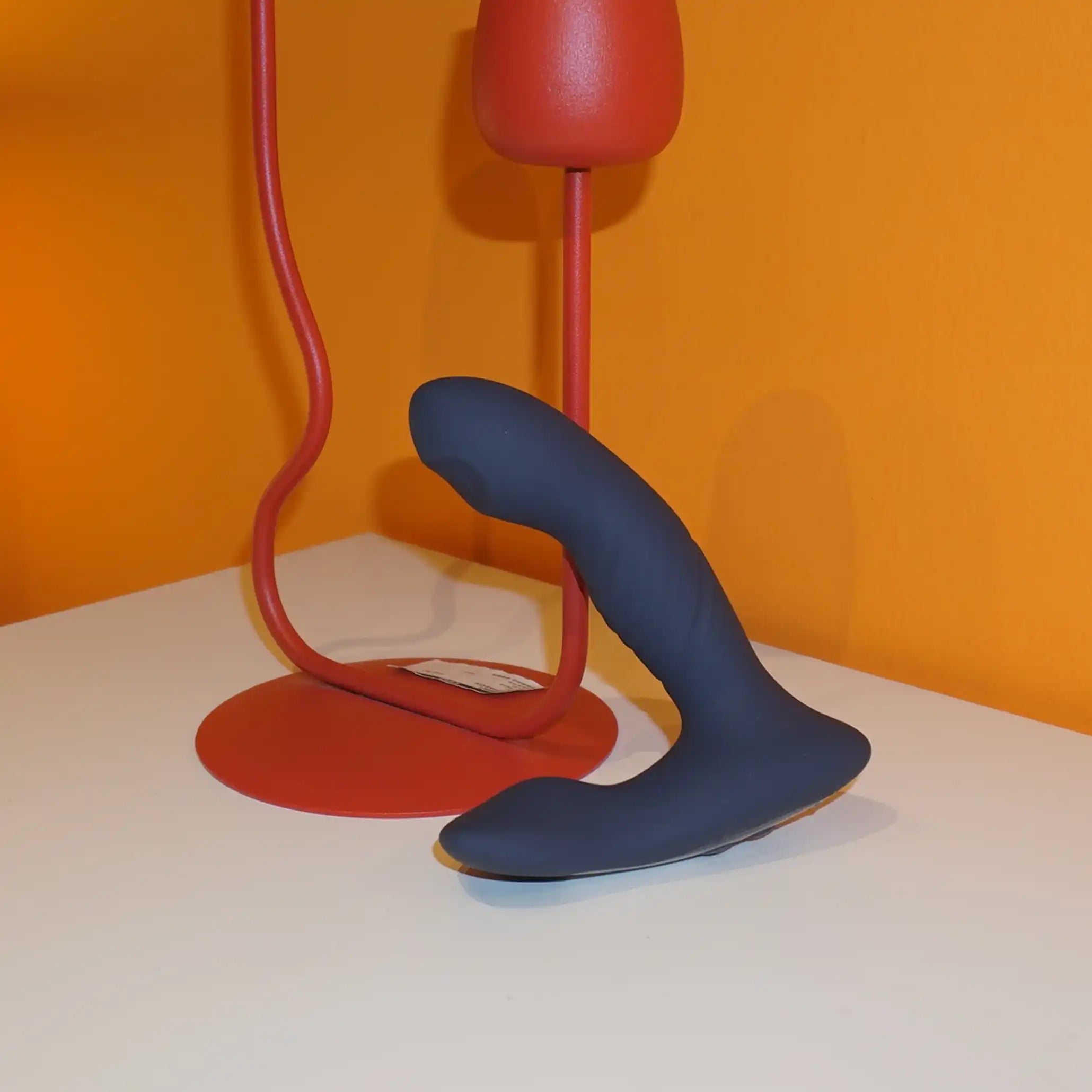Self‑care is having a moment—bubble baths, scented candles, the whole spa‑night vibe. Lovely, yes, but let’s be real: a plush robe won’t always melt the day’s stress. Sometimes the most powerful reset lives inside your own body.
An orgasm—no matter how you reach it—floods the brain with endorphins, quells anxiety, steadies the heartbeat, and reminds you you’re gloriously alive. Yet many of us still tiptoe around the word itself, hiding pleasure behind winks and inside jokes.
Today, I’m calling the blush out. Let’s explore the euphemisms for orgasm that empower us, giggle at the ones that don’t, and unpack why choosing the right language can actually bolster mental health.
Why We Reach for Euphemisms in the First Place
I’ve noticed that even my most confident friends suddenly whisper when they say “orgasm Pleasure.” Blame centuries‑old taboos, the lingering hush of sex‑negativity, or simply our desire to keep certain moments sacred. Euphemisms offer privacy, humor, and in many cases a softer pathway into potentially vulnerable conversations.
Used well, they can help us ask for what we need without freezing up. Used poorly, they can reinforce shame or miscommunication. The real trick is intentionality: pick words that lighten—not silence—the dialogue about pleasure.
Euphemisms We Love (Because They Feel Good to Say)
Below are expressions I reach for in real life, with a quick note on why they feel body‑positive and mentally uplifting. Adopt what resonates, remix as needed, and remember that language is living—your preferences can evolve.
|
Euphemism |
Vibe Check |
Why It Works for Wellness |
|
The Big O |
Iconic, universal |
Short, lighthearted, and instantly understood without being crass. |
|
Peak/Peaking |
Adventure‑coded |
Conjures summits and victories—positive, active imagery. |
|
Release |
Grounding |
Frames orgasm as tension‑letting‑go, perfect for stress relief chats. |
|
Crescendo |
Musical, romantic |
Suggests build‑up and artistry; great for sensual conversation. |
|
Seeing Stars |
Playful |
Captures that post‑O sparkle while keeping things whimsical. |
|
Fireworks |
Joyful, celebratory |
Adds excitement and normalizes pleasure as a “yay!” moment. |
|
Wave/Wavelet |
Mind‑body |
Encourages breath‑based, rolling sensations; lovely for mindfulness practice. |
|
Finish Line |
Goal‑oriented |
Fun during sporty banter or when tracking partner cues. |
|
Melt |
Soft, self‑soothing |
Ideal for solo‑care discussions; conjures full‑body calm. |
|
Glow Up |
Pop‑culture savvy |
Links pleasure to self‑confidence and post‑O radiance. |
Pro tip: When exploring solo play, anchor your vocabulary to how you want to feel rather than how you think you “should.” For example, if “release” resonates with your need to unwind after work, say it aloud before you begin. That tiny affirmation sets a compassionate mental frame.
Euphemisms We Don’t Love (and Why)
Some older phrases have baggage—shame, hetero‑centric assumptions, or just plain ick factor. I’m not here to police jokes, but I will side‑eye any term that puts pleasure in a guilt‑laden box.
- “Busting a nut” – Graphic, male‑centric, and biologically reductive.
- “Getting your rocks off” – Feels transactional, as though pleasure is a quick chore.
- “The vinegar strokes” – Funny on late‑night TV, awkward in real conversation; also Y‑chromosome specific.
- “La petite mort” – The French is chic, but the “little death” framing can spin intimacy as perilous.
- “Crossing the finish line” when used to rush a partner – Adds pressure instead of presence.
The Big O — Classic, Clear, and Confidence-Boosting
Short, sweet, and understood around the world. “The Big O” carries just enough cheekiness to keep things light, while still being respectful. It’s a go-to phrase for those who want clarity without sounding clinical.
Funny Sex Euphemisms for the Act Itself

While we’re at it, let’s sprinkle in some phrases that mean sex—no clinical dictionary needed. Laughter reduces cortisol and boosts immune function, so a silly nickname for intimacy can double as a mental‑health hack. Here are a few lighthearted options to bookmark:
- Dancing in the sheets
- Quality horizontal cardio
- Playing mattress Monopoly
- Having a two‑person jam session
- Connecting the Wi‑Fi (for my tech couples)
- Testing the smoke alarm (hello, fireworks!)
- Cooking with gas
- Spicing the curry
- Conducting field research
-
Logging off for maintenance
Create a “Yes, Please” List Together
Sit down with your partner (or journal solo) and jot down euphemisms that feel natural, funny, or empowering. Compare notes, cross off any hard no’s, and keep a shortlist that makes both of you smile.
Language Shapes Mindset—Here’s the Science
From what I’ve seen in both peer‑reviewed journals and real‑world coaching circles, the words we choose literally rewire emotional response. Labeling an experience as “release” primes the parasympathetic nervous system—slowing breath, relaxing muscles. Call it “finish” and you invoke goal‑driven dopamine. Neither is wrong; they’re simply different neuro‑linguistic triggers.
Want to lean into relaxation? Pair soft adjectives (“slow wave,” “gentle bloom”) with paced breathing. Craving fireworks? Use vivid verbs (“burst,” “ignite”) while tensing major muscle groups during stimulation, then exhale on climax for a healthy vagus‑nerve massage. This mindful vocabulary builds body awareness, which therapists link to lower rates of sexual anxiety and performance stress.
Practical Tips to Bring Euphemisms into Your Bedroom (or Zoom Call, No Judgment)
- Create a “Yes, Please” List Together. Sit down with your partner—tea, wine, or mood‑lighting optional—and jot five euphemisms each of you enjoys. Compare lists, mark overlaps, and note any hell‑no words. Instant communication upgrade.
- Use Anchors in Solo Play. Next time you reach for pleasure, whisper your chosen phrase aloud at the first wave of arousal. This Pavlovian anchor teaches your body to associate the term with a positive, safe sensation.
- Turn Mistakes into Laughter. If someone slips up with an awkward phrase (“You ready to, uh, blast off?”), laugh together rather than freeze. Humor rehabs tension faster than apologies.
- Integrate Toys Mindfully. Personally, I’ve found that bringing a body‑curve‑hugging G‑spot vibrator into the mix can deepen that coveted wave‑like release. Choose a silicone, water‑resistant design, apply water‑based lube, and experiment with angles while breathing into the sensation you’ve just named.
- Journal the Afterglow. Post‑orgasm, scribble two sentences describing how your body feels. Use your favorite euphemism as a headline (“Fireworks Recap”). Over time you’ll see patterns—maybe “melt” correlates with slower build‑ups on Sundays, while “peak” follows gym days. That data is self‑care gold.
When Euphemisms Become Emotional Armor
Honestly, I’ve been there: using cute language to dodge tough truths—like the fact that I was having difficulty climaxing at all. If you notice your euphemistic banter is masking anxiety, confusion, or even pain, pause. Professional help (sex‑positive therapist, pelvic‑floor physiotherapist, or certified intimacy coach) can turn coded chatter into healing conversation. Remember, euphemism meaning sexually isn’t shorthand for secrecy; it’s a launchpad toward clarity.
The Mental‑Health Upside of Naming Pleasure
- Stress Release: Oxytocin surges post‑O lower cortisol, which means less anxiety and better sleep.
- Body Literacy: Regularly naming sensations (even in metaphor) teaches interoception, reducing dissociation and body shame.
- Empowerment: Taking ownership of your pleasure vocabulary demystifies taboo and boosts confidence in other life areas—salary negotiations included.
- Relationship Resilience: Couples who discuss desire openly—yes, even with playful code words—report higher trust and lower conflict.
So next time you let out a satisfied sigh, mentally tag it with your favorite phrase (“glow up achieved!”). That micro‑moment of acknowledgment cements the mental‑wellness benefits in neural pathways.
Product Spotlight—Subtle but Mighty
If “crescendo” is your siren song, angled toys can become an orchestra. Jissbon’s line of velvet‑touch G‑spot vibrators offers variable pulse modes that sync perfectly with slow breathing exercises. Set the vibe to a low hum during build‑up, then notch it higher as you edge toward the big O. Think of it as conducting your own symphony—no degree in music theory required.
Outdated Versus Emerging Euphemisms: A Quick Pulse Check
|
Retiring Soon |
Why It’s Fading |
Fresh Alternatives |
Why They Thrive |
|
“Getting off” |
Overused, lacks nuance |
“Riding the wave” |
Embodies movement and mindfulness |
|
“Pop your cork” |
Alcohol tie‑in, gendered |
“Spark the fireworks” |
Inclusive, celebratory |
|
“Knock boots” |
90s nostalgia, hetero‑centric |
“Synch heartbeats” |
Focuses on mutual wellness |
|
“Score” |
Competitive, goal‑fixed |
“Glow together” |
Cooperative, affectionate |
Language evolves. Let it. Updating your lexicon keeps intimacy fresh and affirms your commitment to a growth‑mindset relationship.
A Note on Spelling: “Euphemisms for Sex”
Yes, the misspelling pops up all over search engines. If you’ve typed it that way, no judgment—Google knows what you meant. I simply mention it because even small errors reflect our collective discomfort. When we mis‑type or auto‑correct away from “sex,” we reveal how rarely we allow ourselves to state desire plainly. Consider this your gentle nudge toward spelling—and speaking—your wants with confidence.
Bringing Euphemisms into Everyday Wellness
- During Meditation: Visualize your chosen phrase as color or movement in the body. On exhale, imagine it expanding.
- In Workout Routines: Pair Kegel reps with upbeat terms like “power pulse” to fuse pelvic health and pleasure positivity.
- At Work (Discreetly): Use a coded sticker in digital calendars on days you’ve prioritized solo time. The secret cue can boost mood anticipation, akin to looking forward to a coffee date.
- With Friends: Start a group chat thread where you share weekly “glow‑up wins” or “firework moments.” Normalizing the convo reduces loneliness and promotes communal wellness.
Putting It All Together—Your Empowered Pleasure Plan
- Pick Two Euphemisms that feel uplifting.
- Schedule Solo Exploration—even ten minutes—with or without a toy.
- Anchor the Experience by speaking the euphemism at climax.
- Note Emotional Shifts afterwards (lighter mood, better sleep?).
- Share (If You Want) with a trusted friend or partner to keep shame‑free momentum rolling.
The Takeaway: Words Are Wellness Tools
Whether you’re “peaking,” “seeing stars,” or simply “melting,” remember that the language you adopt is as integral to self‑care as a balanced diet or eight hours of sleep. Thoughtful euphemisms create psychological safety, invite humor, and remind us that pleasure is a valid, even vital, part of holistic health.
So light that candle if it makes you happy, but don’t stop there. Embrace the lexicon that lights you up inside and—let’s be bold—plan your next glow‑up session tonight. Your body, mind, and maybe that elegantly curved Jissbon vibe will thank you tomorrow.
Frequently Asked Questions
Why do people use euphemisms for orgasm or sex?
Euphemisms help soften the conversation around intimacy, especially in cultures where talking openly about pleasure is still stigmatized. They allow for humor, privacy, or creativity—and can help people feel more comfortable asking for what they need.
Are euphemisms always helpful?
Not always. Euphemisms can empower when they invite open, shame-free dialogue—but they can also confuse or minimize needs if used to avoid direct communication. The key is intention: choose words that feel authentic and respectful for everyone involved.
Can using playful language about sex improve relationships?
Yes. Studies show that couples who talk about sex—whether through direct language or lighthearted euphemisms—report better trust, connection, and long-term intimacy. Humor and creativity reduce tension and invite vulnerability.
Is it okay if I prefer clinical terms like “orgasm” or “sex”?
Absolutely. Euphemisms are optional, not mandatory. If using the proper words feels empowering and clear for you, that’s valid. What matters most is choosing a vocabulary that reflects your comfort and values.
Read more

Headaches and migraines affect millions of people worldwide, often disrupting daily routines and lowering quality of life. Many look for quick relief from medications and some people try natural r...
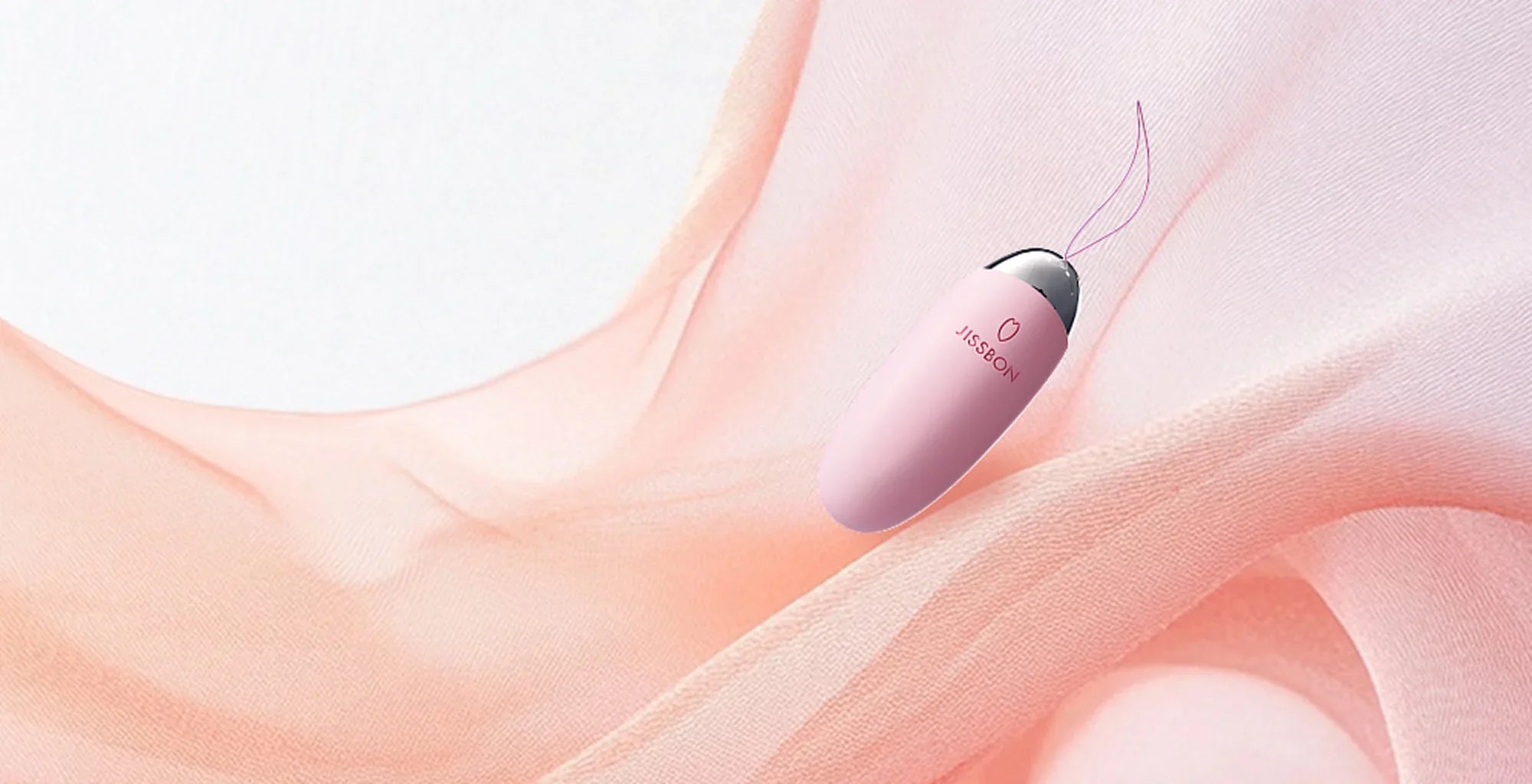
Remote control vibrators have become one of the most exciting innovations in modern sexual wellness. These devices give users a new way to explore pleasure, it could be enjoying with yourself alon...
